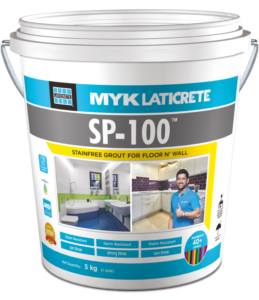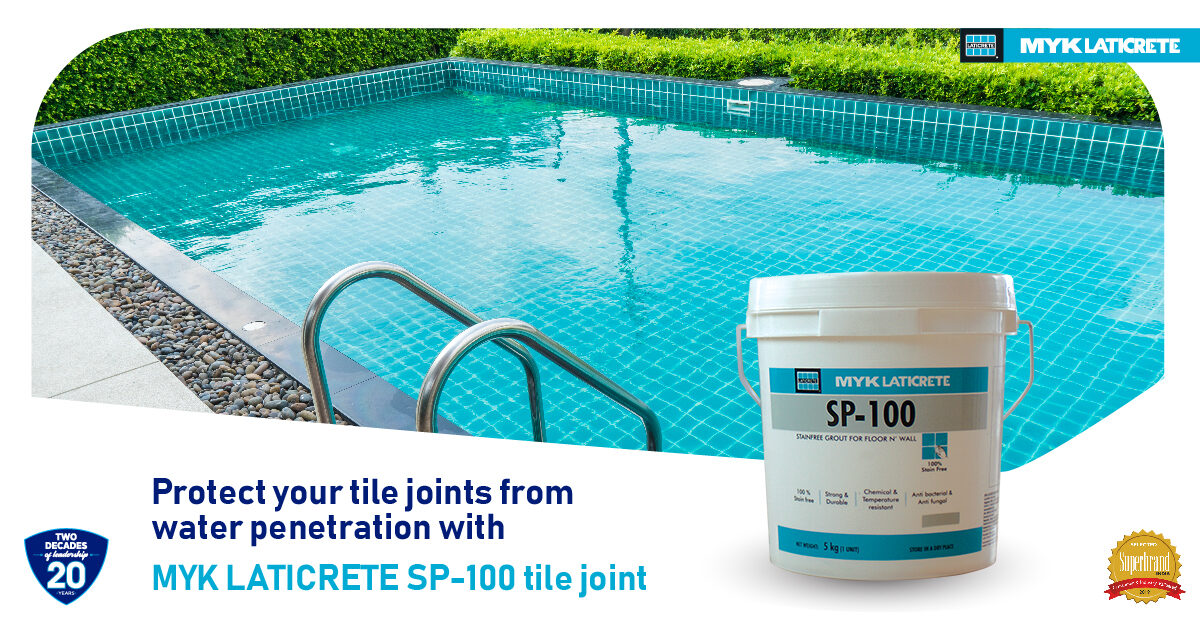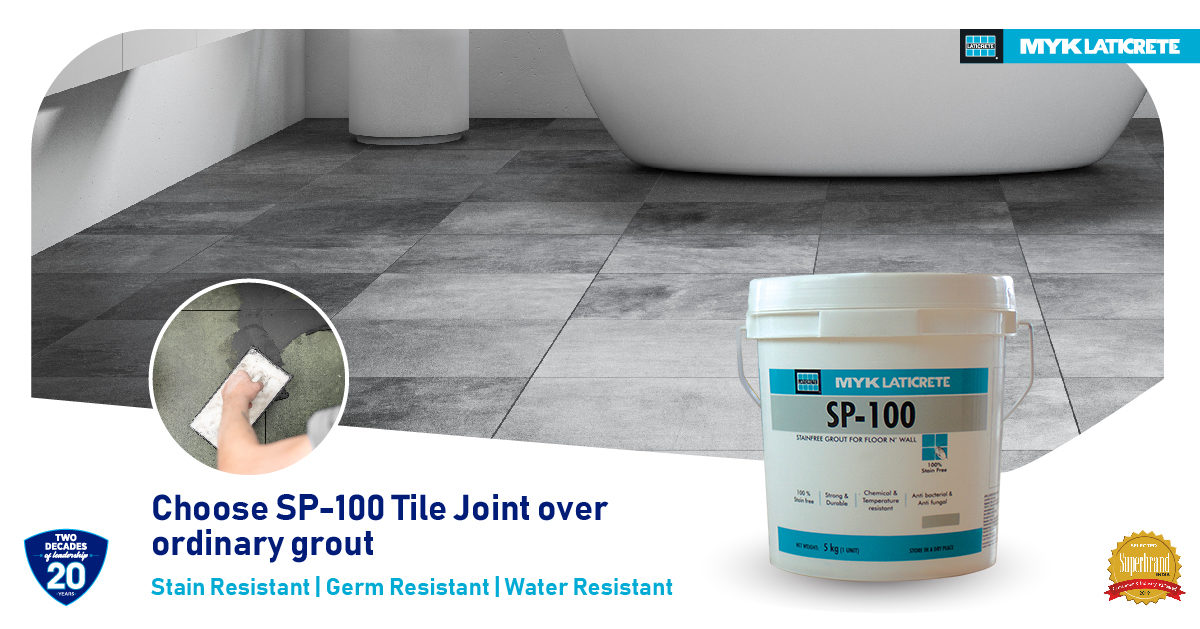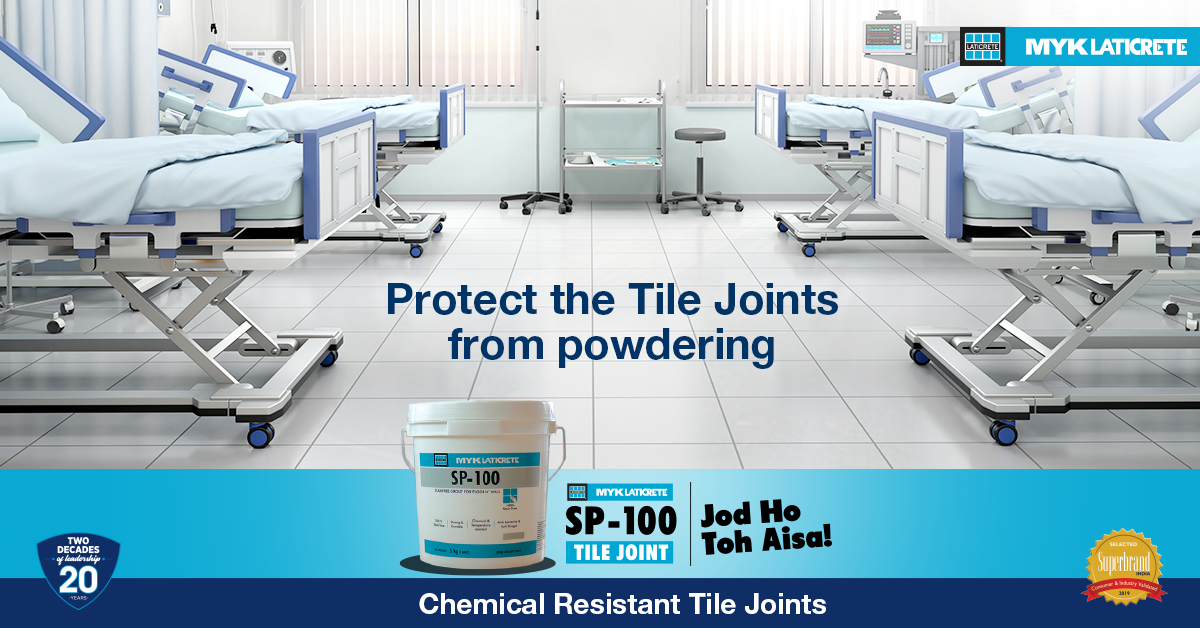While considering tiling of floors and walls of different projects, such kitchens, washrooms, gyms, swimming pools, restaurants, cafeterias, hospitals, and several others, one important aspect to consider is water penetration. Seeping of water through the tile joints is not something you’d wish to notice once you have tiled these areas, isn’t it? So, one must ensure that tiling is done thoroughly in these areas particularly. Having said that, it doesn’t stop here. There is another important aspect one must look into and that is grouting of tiles. It is the last process when installing tiles, but the most important one. Filling the spaces in between the tiles gives a finished look to the floors and walls.
Let’s take for instance the washroom, we know for sure that more than 100 footsteps move over the tiles fixed in the washrooms. Water hitting this area, therefore, is a given. In such circumstances, the tiles beneath and even on the walls need to be fixed thoroughly and the grouting of tiles is essential too. One may say that if the tiles are fixed well, there’s nothing else to be bothered about. But for areas like the above, you need to use tile grout fillers in the space between the adjoining tiles.
When water penetrates from tile joints, it leads to debonding of tiles and you certainly don’t want that to happen. When you consider a grout there are different types of grouts which you must choose from. For instance, for areas where water is a concern, you must pick water-resistant tile grouts. Ordinary grouts won’t help the way water-resistant grouts will. Water penetration can lead to powdering, cracking, accumulation of dirt, and germs in the pores developing an unhygienic environment. It further leads to the debonding of tiles. Thus, you must choose water-resistant grouts to fight these issues.
MYK LATICRETE introduces you to SP 100 tile joints, which is water-resistant and stain-resistant grout for floors and walls. It is suitable for all types of tiles, especially in stain & high-moisture prone areas such as kitchens and washrooms. Using this will help you fix your tile problems. Areas such as bathrooms and kitchens are often exposed to heat; SP-100 withstands heat, fumes and is thus suitable for these applications. It is available in 40+ colors and these colors don’t fade away rather with time they retain a new look for the tiles for years to come.
Tile Joints play an important role here as they not only fill the gaps but also support the tile bonding, aesthetics, and hygiene and protect tiles for years to come. So, get rid of water seeping in through the tile joints by using MYK LATICRETE SP-100 Tile joint.




